Air Pollution at the household level has adverse health effects on around 138 million people and contributing to 15% of total annual deaths including mostly women and children. Nine out of ten households in Bangladesh use solid fuels for cooking which is the underlying reason of such negative health outcomes.
IID, in partnership with the Global Alliance for Clean Cookstoves and with support from the UN Foundation organized its 10th Policy Breakfast on “Clean Cooking and SDGs” on 30 November 2016 in Dhaka. The event brought together all the stakeholders including development partners, donor agencies and government to identify and mitigate existing problems in this regard.
Clean cooking relates to ten out of the seventeen Sustainable Development Goals (SDG)as well as national and international environment goals. Therefore, the participants strongly agreed on the formation of policies that can influence and interest people. Four areas were emphasized through the discussion to improve existing amenities-
Raising awareness: Discussion at the event highlighted behavioral change through awareness building on the adversity of using current cooking systems has to take place in parallel to improved financial affordability. Those who can afford environment friendly cooking systems should be targeted for awareness building at the first place.
For more photos of this event click here
To know about our previous Policy Breakfasts click here
Public Financing: Participants at the event also suggested government intervention with public financing to support entrepreneurs who have been active in promoting and making alternative environment friendly cooking solutions. National budget of Bangladesh should be revised in this regard, keeping in mind the attainment of SDGs and other development objectives through this clean cooking initiative.
Standardizing business unit: Stakeholders at the event also included consumer and provider perspectives. Considering the market based approach, affordability of the consumers as well as capacity of suppliers to serve the large Bangladeshi market of 30 million consumers have to be taken into consideration. To keep the price range reasonable, formulation of innovative business models can stimulate and balance the chain of demand and supply.
Tariff planning: Once new alternative technology is introduced, reconsideration of the existing tariffs would be the next issue to be fixed according to the discussants.
The event had notable participants including Mr. Nasrul Hamid, Honorable MP, Ministry of Power, Energy and Mineral Resources; Tajul Islam, Honorable MP and Chairman, Parliamentary Committee for Power, Energy and Mineral Resources; Radha Muthiah, Chief Executive Officer, The Global Alliance for Clean Cookstoves; Md. Anwarul Islam Sikder, Chairman, SREDA. The participants discussed several concernsand suggestions that was noted for planning future interventions in this field.

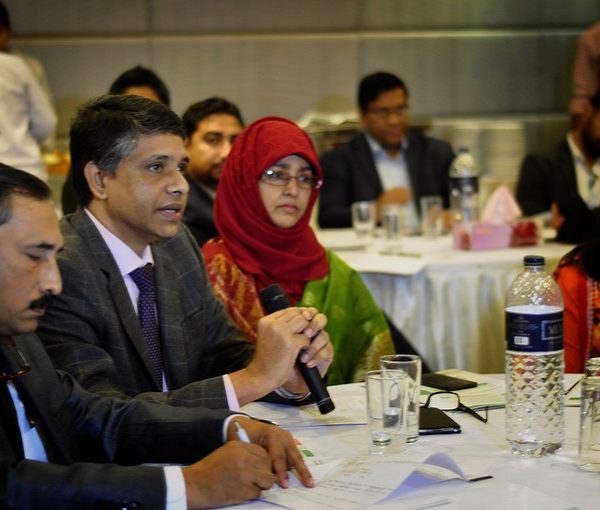
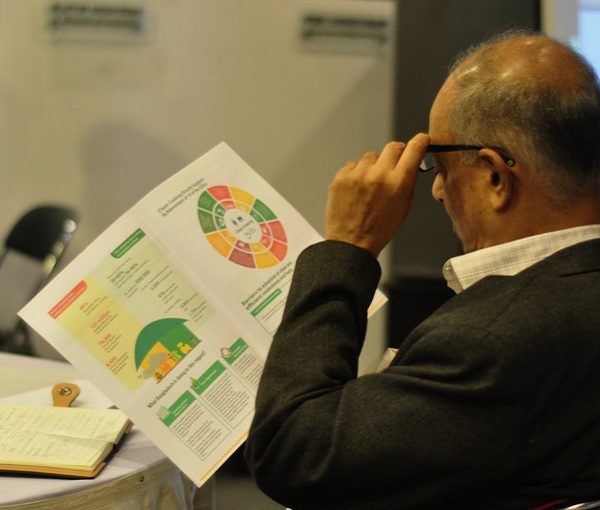
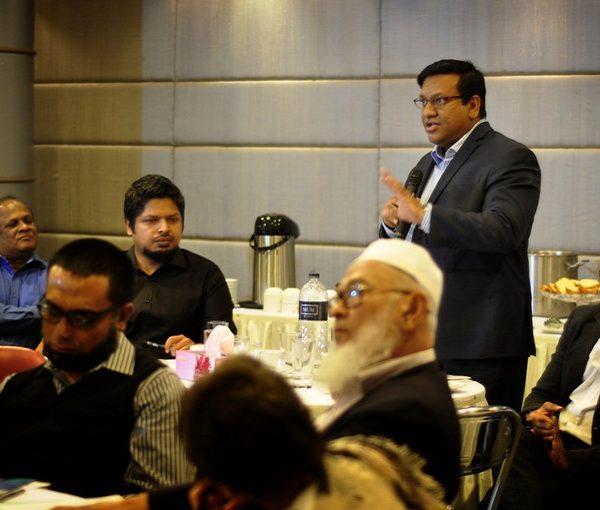
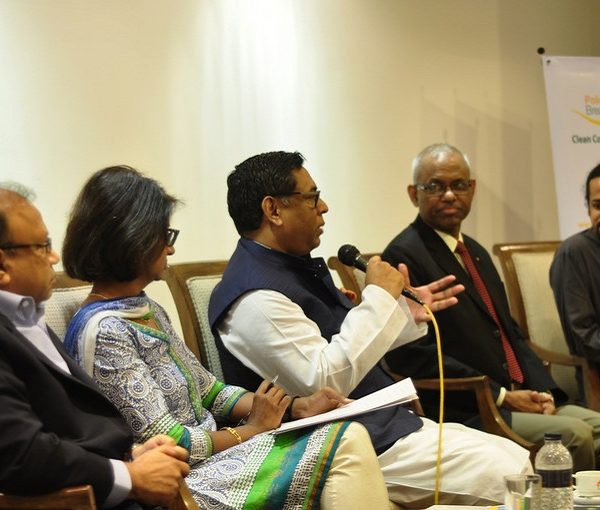
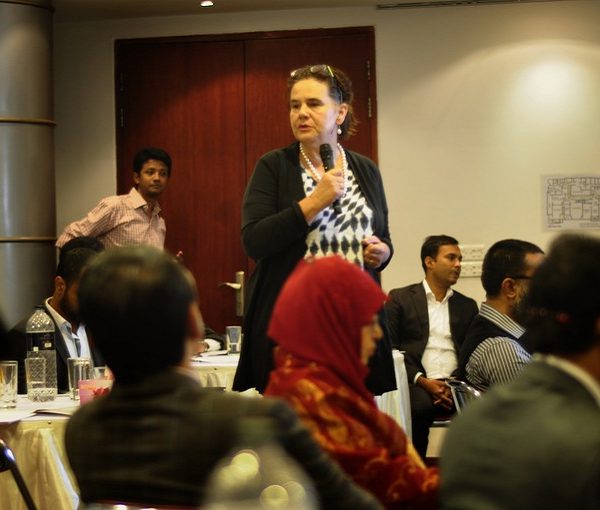
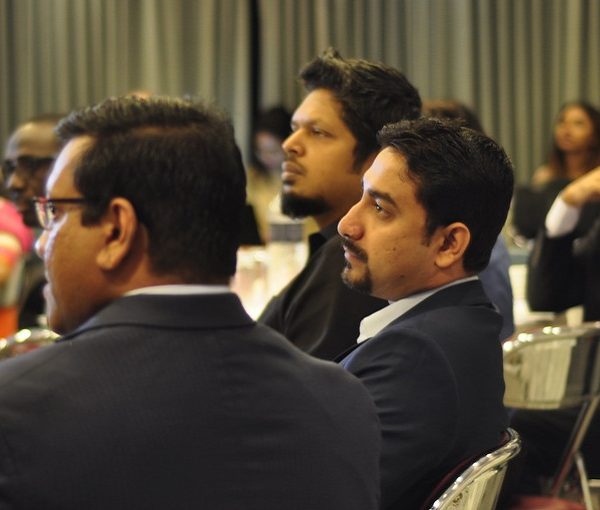
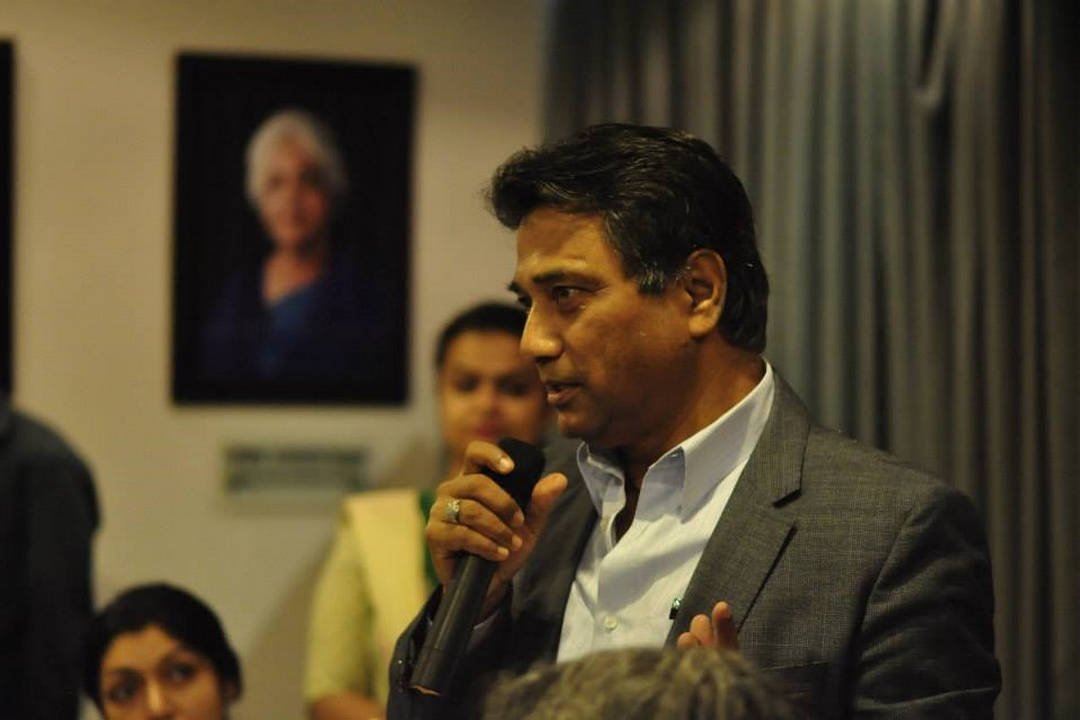
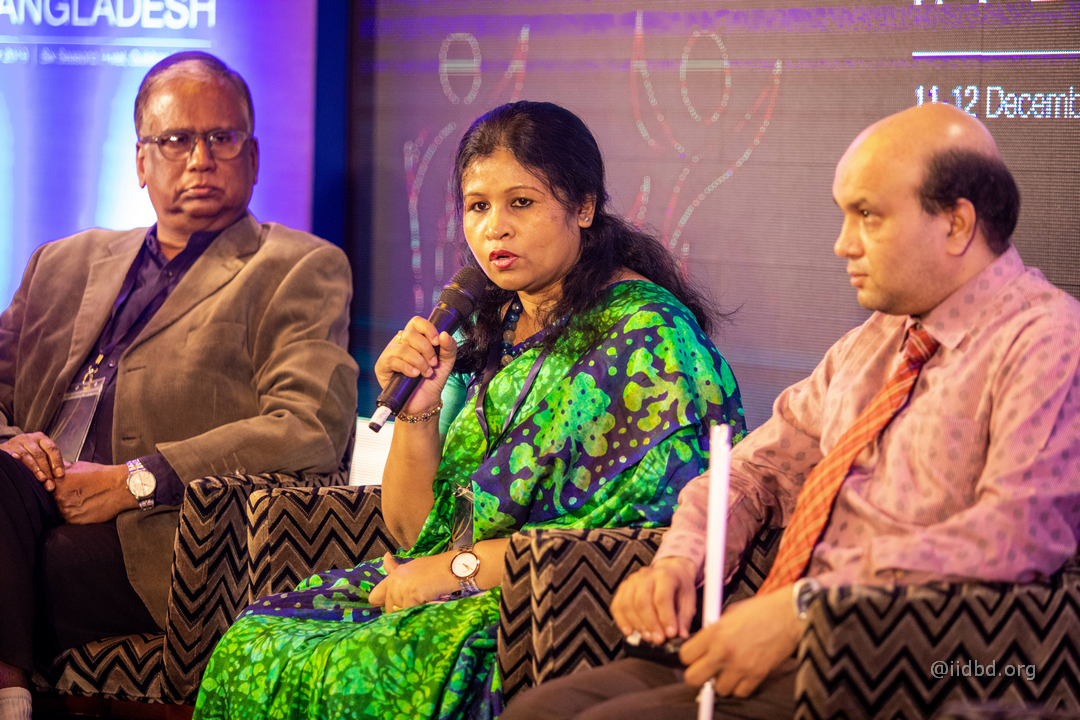
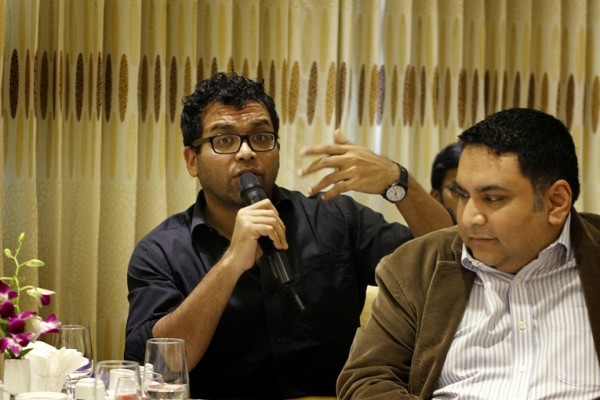
6 Comments.
[…] Anwarul Islam Sikder, Chairman, SREDA attended our 10th Policy Breakfast on Clean Cooking and SDGs held on 30 November 2016 in Dhaka. He stated that, policy breakfast was […]
[…] Hoogstraten, Charge De Affairs, Royal Dutch Embassy attended our 10th Policy Breakfast on Clean Cooking and SDGs held on 30 November 2016 in Dhaka. She feels that this topic is really […]
[…] Hamid, MP, Honorable state minister, Ministry of Power, Energy and Mineral Resourcesattended our 10th Policy Breakfast on Clean Cooking and SDGs held on 30 November 2016 in Dhaka. With sheer delight, he expressed his […]
[…] Alam, Assistant Country Director, CCED Cluster, UNDP attended our 10th Policy Breakfast on Clean Cooking and SDGs held on 30 November 2016 in Dhaka. He said, collectively we came up with […]
[…] Muthiah, Chief Executive Officer, The Global Alliance for Clean Cookstoves attended our 10th Policy Breakfast on Clean Cooking and SDGs held on 30 November 2016 in Dhaka. She thinks, events like “Policy […]
[…] air pollution- rightly pointed out by the participants of IID’s 10th Policy Breakfast. The 10th Policy Breakfast on Clean Cooking and SDGs held on 30 November 2016 in Dhaka. The event was organized in partnership […]